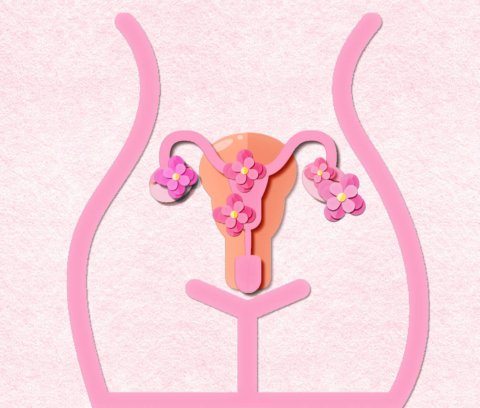It’s Bowel Cancer NZ’s ‘Move your Butt Month’ in June, aimed at raising awareness of bowel cancer and encouraging us all to get moving – literally – to lower our risk of this very common disease. Bowel cancer is the second biggest cancer killer in NZ – but we’re not too keen on talking about it. This reticence could be killing us, though.
Bowel Cancer NZ general manager Rebekah Heal says every day eight New Zealanders will be diagnosed with bowel cancer, and three will die from it – making it the second leading cause of cancer-death in New Zealand.
Bowel cancer kills as many Kiwis as breast and prostate cancer combined, and sadly many of those deaths could be prevented if they’d been picked up sooner.
“If caught early, the disease is highly treatable”, Heal explains.
That’s a message Kiwi sailor Dean Barker is keen to get out; the America’s Cup skipper was diagnosed with bowel cancer at age 46, and went through his own battle to beat the disease.
“If by sharing my story, I can help just one person to go and get checked out early, then it will be worth it”, he says.
“I know that men are less likely to go to their doctor if they’re worried and the old Kiwi attitudes of ‘harden up’ and ‘just get on with it’ don’t help. I want to change that.”
It’s worth women knowing, too, that we catch up to men in terms of risk for bowel cancer as we get older, especially post-menopause.

So: pay attention to your gut, and don’t sit on symptoms, even if you think they’re not serious. Gut symptoms like bloating, constipation and diarrhoea, while often related to more benign things, can also be signs of serious trouble. If you notice anything unusual, new or distressing going on with your gut: get it checked out. That includes those who’ve had IBS or other gut problems in the past; if symptoms have got worse suddenly or come back out of the blue, don’t assume you know what’s going on.
Particular alarm symptoms to look out for include: unexplained rectal bleeding; unexplained weight loss; abdominal symptoms that wake you at night, or symptoms that get worse day by day.
If you’re over 50, talk to your doctor about whether you’re a candidate for colonoscopy; if you have a family history of bowel cancer or have had any unusual changes in bowel habits, make sure you flag this. If you’re over 60 you should expect a letter to take part in the National Bowel Screening programme; take the time to send in your sample. It could be a life saver.
And to lower your risk: get into the habits of moving your body (including your butt) regularly and eating well – both have been shown to have an impact on your gut health, risk of cancer and, of course, your overall health. In particular prioritise fresh whole foods that are full of fibre: vegetables, fruit, whole grains, nuts, seeds and legumes. Your gut will thank you for it.
And for more information about Move Your Butt – and to take part – go to moveyourbutt.org.nz
Related Article: How Often Should You Have Health Tests?








